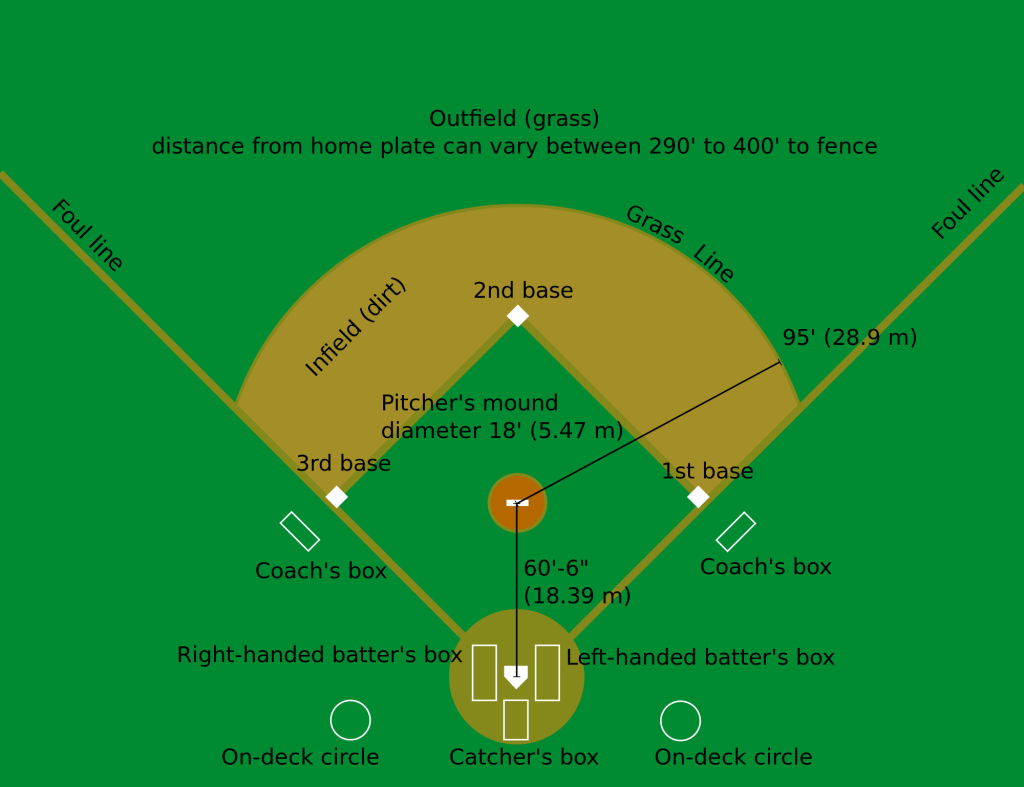New Rules for Oregon’s Early Recreational Marijuana Sales (and the Medical Program, too).

The Oregon Health Authority (OHA) published its draft rules yesterday for the early, temporary, highly anticipated recreational pot sales set to begin statewide on October 1. These rules apply to all cities and counties that do not opt out of cannabis sales as I covered here and here. The draft rules were published per SB 460, a slim but landmark law “relating to marijuana; and declaring an emergency” and the need for early sales. Another section of the new rules relates to omnibus HB 3400, which promulgates Oregon’s recreational pot program and alters its medical program. OHA will publish more rules for the state’s medical marijuana under that statute later.
Senate Bill 460
As I’ve extensively written about before, SB 460 set the basic framework for the early sales program. Yesterday’s draft rules fill in some gaps. As a refresher, the statute itself provides that 21 and over adults will be able to purchase seeds, non-flowering plants, and up to a quarter ounce of dried leaves and flowers, per day. There will be no edibles sold and all sales will occur in existing, licensed medical marijuana dispensaries. The new rules reflect all of this.
Also reflected in the new rules is that early sales will not be taxed until January 4, when a stout 25% sales tax ensues under HB 2041. That tax runs through the end of the early sales program on December 31, 2016. Interestingly, the 25% impost constitutes the largest sales tax in Oregon, which is just one of just five states that has no general sales tax. Will there be a stockpiling of tax-free marijuana in the weeks leading up to January 4th? Most definitely.
Elsewhere in these rules, the OHA made some predictable decisions and some interesting ones. The agency requires each dispensary that wishes to sell recreational marijuana to first notify the agency five days in advance. All dispensaries, even those not selling to recreational customers, must post a very big sign “in bold, 80 point Times New Roman font” advising consumers whether the dispensary serves the recreational or medical market, or both.
Interestingly, OHA is not only keen on who is selling recreational marijuana, but it wants information on who is buying it and exactly how much marijuana is being sold as well as its sale price. Dispensaries are thus required to check identification and record the birthdates of customers (but not their names). Almost no one will like this, but dispensaries and customers may like that nothing in the rules prevents a customer from purchasing the maximum quantity of seeds/plants/flowers allowed, time and again, at multiple dispensaries in any given day (Oregon’sgenerous possession laws of course still apply).
Finally, dispensary staff must distribute a state-issued information card about marijuana to each customer at each transaction. OHA also will require shops to hang state-issued posters related to poison prevention and pregnancy warnings, as well as one for the state’s “Educate Before You Recreate” campaign. But that is pretty standard fare.
HB 3400
As per the omnibus bill, the new rules provide that beginning January 1st, OHA will stop issuing cards to medical patients without Oregon addresses. On July 1st, the same fate befalls out-of-state growers of medical marijuana. Thus, Oregon will lose its distinction as the only state to issue medical marijuana cards to out-of-staters, like Willie Nelson. There is also now a two-year residency requirement for any Person Responsible For (“PRF”) a medical marijuana dispensary.
The new rules also state that OHA will not grant or renew any medical marijuana dispensary application if the facility exists in an opt-out jurisdiction unless that facility has been grandfathered in (meaning, it existed in the opt-out jurisdiction before the jurisdiction opted out). This is simply in keeping with the strictures of the statute and is not a surprise to us.
Overall, these rules are part of a broader regulatory canvas that feels like it is always being re-written, which benefits cannabis lawyers, but nobody else. As I mention above, OHA will issue more program rules regarding other aspects of HB 3400 later. The Oregon Liquor Control Commission will do the same under Measure 91. Other agencies, like the Oregon Department of Agriculture, will also promulgate rules in their respective spheres that will affect marijuana industry entrepreneurs directly and indirectly. As always, flexibility and close attention to the rules is invaluable in this volatile regulatory space.
– Vince Sliwoski, for the Canna Law Blog
Attorney with Harris Moure
